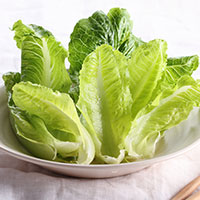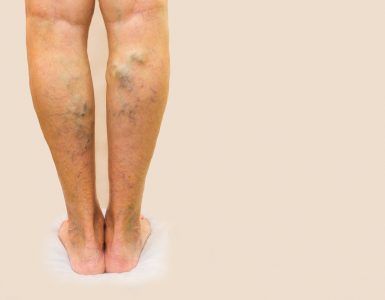| Vitamin name |
Vitamin K |
| What’s it used for? | Blood clotting; heart health; maintenance of bones and teeth |
| Best food sources | Dark green leafy vegetables, alfalfa, kelp, liver, milk, egg yolk and fish liver oils |
| How much do I need? | NRV is 75 ug per day* |
| Need to know | Vitamin K is not passed from mother to baby, hence an injection is given to new-borns. |
*A Nutrient Reference Value or NRV is the recommended level set by the UK Department of Health for daily nutrient intake
Vitamin K
Vitamin K is actually a group of three related fat-soluble vitamins – vitamin K1 (phylloquinone), vitamin K2 (menaquinone) and vitamin K3 (menadione). K1 is food-sourced, K2 is produced by our intestinal bacteria and K3 is a synthetic compound used therapeutically (K3 is used in this way purely because it has twice the activity of the natural Ks)
Why do I need it?
Vitamin K is a fat-soluble vitamin which means that it needs to be absorbed by other fats naturally in the body. Its main function is for effective blood clotting – it’s needed for the formation of several proteins called ‘clotting factors’. As this is not passed from mother to baby, new-borns are routinely given an injection of vitamin K to prevent any haemorrhage in early life. It can also be used during labour or where there are clotting problems.
More recently, vitamin K has been found to be important in building healthy bones because it helps to convert a key bone protein from its active to its inactive form. It works alongside other key bone-building nutrients, especially vitamin D.
Vitamin K exerts a really protective effect on the heart; it’s part of a vital function that helps prevent calcium from depositing in the arteries. This can be a risk factor for atherosclerosis or ‘hardening’ of the arteries.
Best food sources
Vitamin K1, which is the food-sourced form, is highest in plant-based foods. This includes dark green leafy vegetables such as broccoli, lettuce, cabbage, spinach and green tea.
Vitamin K is found in animal-sourced food. However, any meat products will generally not be a rich source unless they have been grass-fed. K2 can be produced in the body but only from fermented foods such as natto.
Foods high in Vitamin K

Kale – 729 ug per 100g

Green tea – 712 ug per 100g

Spinach – 415 ug per 100g

Broccoli – 200 ug per 100g

Lettuce – 129 ug per 100g
Are you getting enough?
Vitamin K deficiency is pretty uncommon because vitamin K2 is produced by the naturally-residing beneficial bacteria in the digestive tract. However, production can be diminished by antibiotic use, hence another reason for taking a probiotic supplement after a course of antibiotics, in order to replenish the good bacteria.
Production of K2 in the gut can also be up-rated by eating fermented foods such a natto; this is very popular in Asia in the form of fermented soya beans, although not eaten as widely in the Western world.
Eating a diet that is rich is green foods is always going to be beneficial and is particularly recommended where there is a risk of heart disease or bone-related disease such as osteoporosis.
Did you know?
Vitamin K is safe to take during pregnancy and breastfeeding at recommended dosages – consult your healthcare professional for adviceIt should not be taken as a supplement at levels over 100 µg daily if using a prescribed anti-coagulant (blood thinning) drug
Chlorophyll, the green pigment in plants, is one of the best sources of K1 and is available in supplement form from health food stores
Even though people tend to not eat sufficient daily greens, serious deficiency of vitamin K is rare
For all the latest research on vitamin K click here
Try this
Vitamin K is found in the Alive! range of multi vitamins and minerals.
For more information visit www.feelaliveuk.com
You can also follow Alive! on Twitter for general health and wellbeing tips: @feelaliveuk







